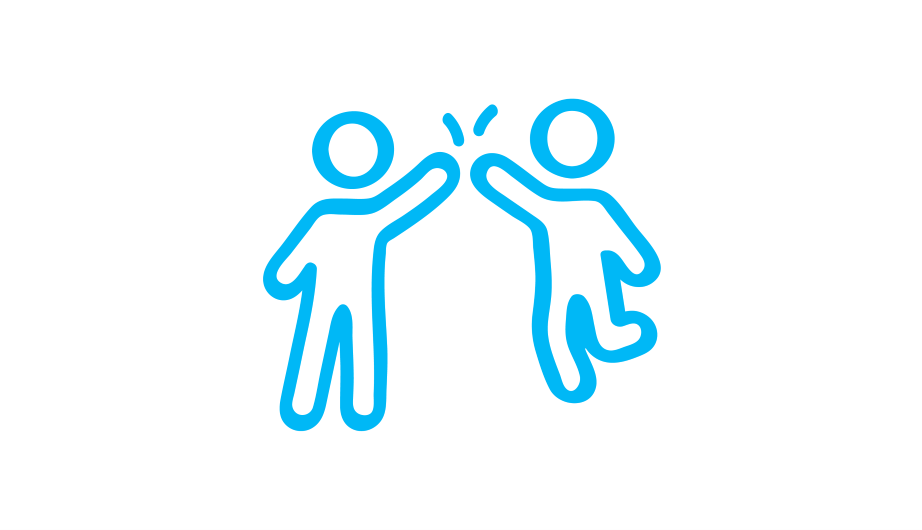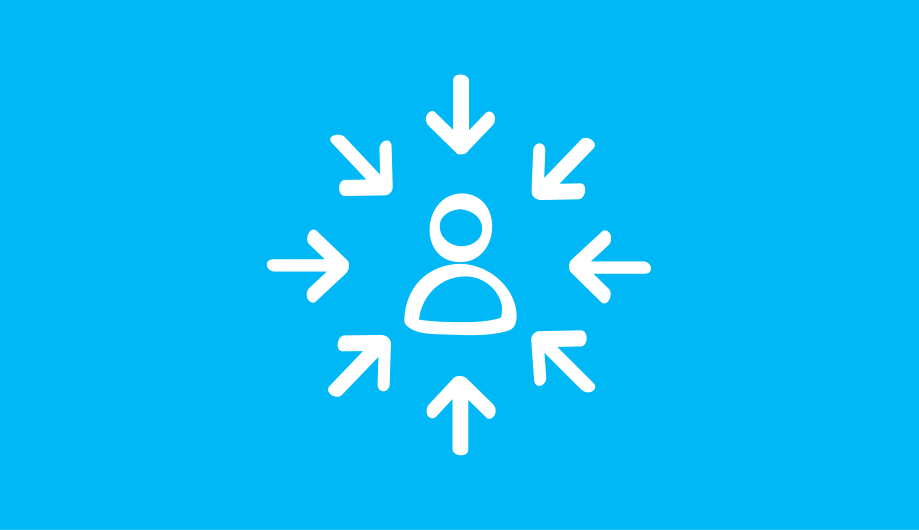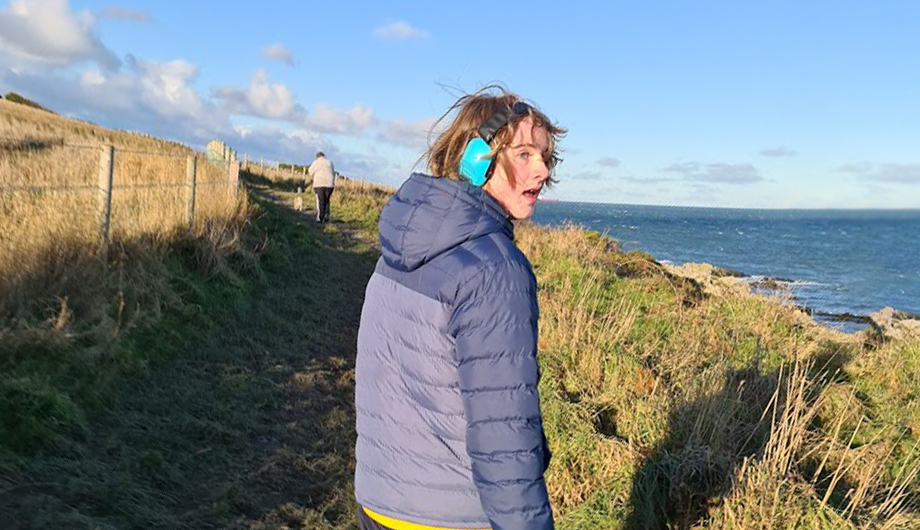
Resource: Planning for the future
Information packs for families faced with their relative’s transition to adult services or moving from one type of care placement to another. The packs are available for England, Wales and Northern Ireland.

Quick read guide on teaching new skills with a complete information sheet available to download, which includes strategies for learning new activities and communication and coping skills.
Download: Information sheet on teaching new skills
Children, young people and adults with severe learning disabilities may not learn in the same way as other people – they cannot pick up things as easily and may require a lot of support to learn new skills. If the person also displays challenging behaviours, their opportunities to learn may laso be reduced. However, the opportunity to learn new skills can be crucial to giving people greater independence and choice, helping to communicate their needs and allowing them to try new things.
There are several strategies that can be adopted to help someone with a severe learning disability learn a practical task.
Task analysis – this involves breaking down a task (e.g. putting on a t-shirt) into small chunks, and thinking about which steps someone could do independently, and which they might need support with.
Backward chaining – physically supporting every step in the task except the last one, which the person does themselves. When the person can perform the last step of the task on their own, they can be taught to do the last two steps of the sequence without support (then the last three, last four etc.).
Prompt and fade – this involves giving the person a prompt or cue to help aid them with a task. For example, a physical cue would be guiding the person’s hand with your own while stirring the tea. When the person has become more skilled at the task, this prompt can be gradually reduced or “faded” until they can perform the task independently.
Challenging behaviour can often be a way of communicating unmet need. There are a range of methods to support someone with a severe learning disability to communicate: PECS, signs and symbols, iPad apps and objects of reference. A Speech and Language Therapist can help your family think about the best method to suit the person. A Communication Passport can help tell other people (school, staff, health professionals) how the person communicates with others.
Change can be especially difficult for people with severe learning disabilities. This could be as big as moving home, or as small as getting out of the car after a drive. Social stories and visual timetables may be a helpful way to prepare someone for changes, as they can help the person prepare and what to expect.

Information packs for families faced with their relative’s transition to adult services or moving from one type of care placement to another. The packs are available for England, Wales and Northern Ireland.

Consult the ‘news’ section of our website to read the stories our family carers have written about their own experiences of supporting somebody with a severe learning disability whose behaviour challenges.

Ten top tips for getting the best support package. Quick read guide with a complete information sheet available to download.